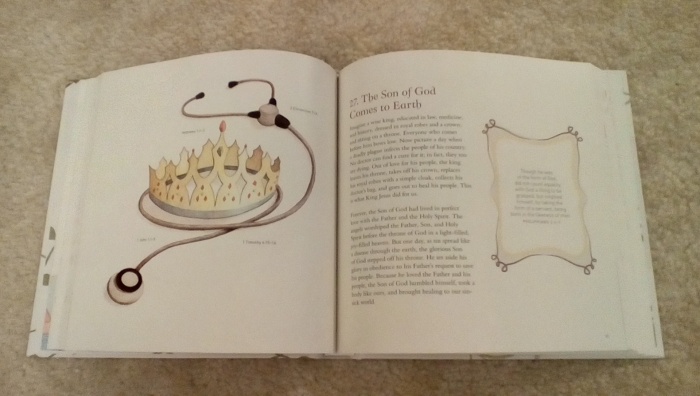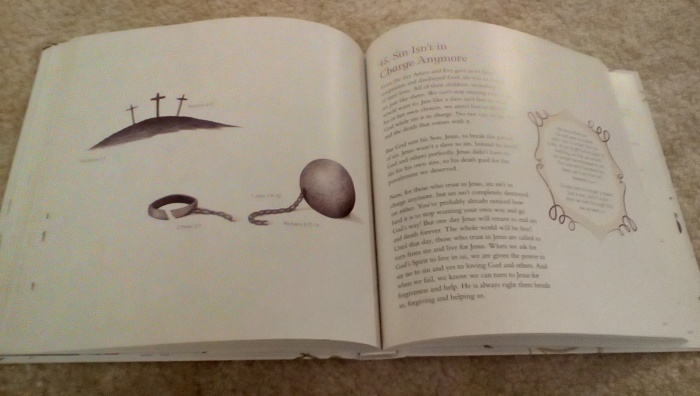One of the things I see a lot of in arguments for a particular view is the strawman fallacy. This is when one misrepresents the other person’s view, making it easier to refute. For example, Arminians may characterize the Calvinist view as saying that people are robots, or that we (yes, I’m a Calvinist) don’t think missions and evangelism is important. However, that is misrepresenting what Calvinists (at least most of them) actually believe and teach. Calvinists hold to a view of God’s divine sovereignty and man’s human responsibility working together in a way that we don’t understand but see confirmed in Scripture. People are not robots. Also, evangelism and missions are the means God uses to reach His elect. Since we don’t know who the elect are, we need to evangelize and spread the gospel. Calvinists may also misrepresent the Arminian view, saying that they downplay God’s sovereignty. We need to be careful that when we are arguing against a view, we are actually representing what that view is saying accurately and not misrepresenting it.
Another one that I see often: Dispensationalists tend to misrepresent covenant theology’s view and call it “replacement theology”, saying that covenant theologians replace Israel with the church in how God is working today. This is a strawman fallacy, a misrepresentation of what covenant theologians actually believe and teach. We (yes, I’m a covenant theologian, at least not a dispensationalist) do not think that the church replaces Israel. Rather, that the church has been made one with Israel, those who are believers, and are all one body in Christ, no longer separated as Jews and Gentiles (this is made quite clear in Ephesians 2). Rather than the church replacing Israel, we are now all part of true Israel, God’s people. God all along had a plan for a people of His own that came from every nation. We are all one in Christ.
Now this one may step on some toes. One of the views that I see misrepresented all the time is Old Earth Creationism (OEC) by those who are Young Earth Creationists (YEC). It seems that a lot of YEC proponents lump OEC in with Theistic Evolution, which says that God used evolutionary processes to create the world. Theistic Evolution doesn’t necessarily hold to a historical Adam (maybe some do, I don’t want to misrepresent their view). So when YEC argues for their view, they consider OEC proponents not to take the Bible seriously (at least the first 2 chapters of Genesis) and not to believe in historical Adam, and consider them the same as Theistic Evolutionists. This is not at all what OEC holds to! Old Earth Creationists believe that God did create the world out of nothing by speaking it into existence and by creating a literal Adam and Eve out of the ground and Adam’s rib. He did not use evolution to guide the process but created the world as it says in Genesis 1 and 2. They may view the language of Genesis 1 as poetic and not necessarily meaning 6 literal days, but they still hold to God creating the world out of nothing and that the Bible is the inspired, inerrant Word of God. They just interpret Genesis 1 differently. Though some Old Earth Creationists would say that there is a gap between Genesis 1:1 and Genesis 1:2, others would say that the 6 days were literal, but there were gaps in between the days. But the bottom line is that in spite of what some YEC proponents state, OEC do believe in God creating the world (not using evolution) and that there is a real, historical Adam and Eve.
Whether we agree with the view is irrelevant, we need to make sure we are accurately portraying the opposing view and not misrepresenting what they are actually teaching.
 Reformed Systematic Theology, Volume 1: Volume 1: Revelation and God by Joel R. Beeke
Reformed Systematic Theology, Volume 1: Volume 1: Revelation and God by Joel R. Beeke






